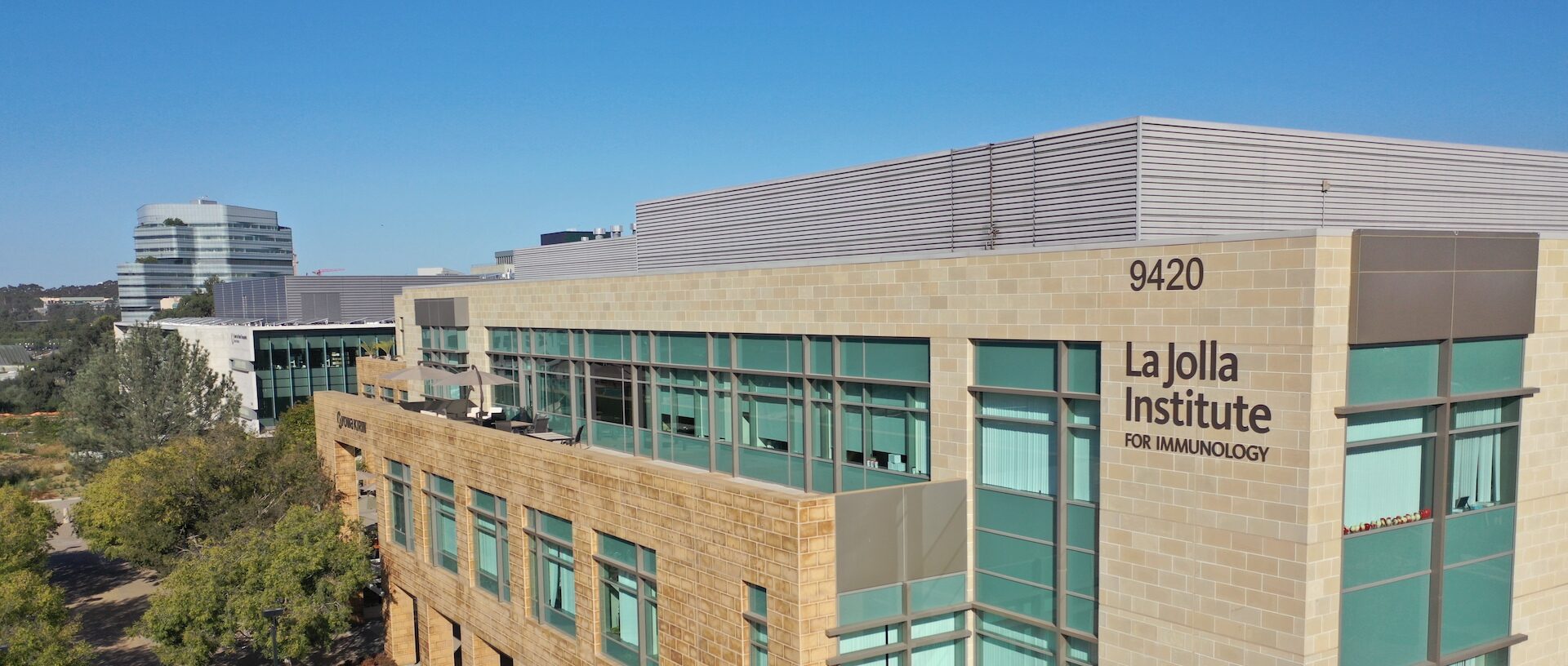For decades, HIV has successfully evaded all efforts to create an effective vaccine but Dr. Shane Crotty and his collaborators at TSRI are inching closer. Their latest study demonstrates that optimizing the mode and timing of vaccine delivery is crucial to inducing a protective immune response in a preclinical model.
More than any other factors, administering the vaccine candidate subcutaneously and increasing the time intervals between immunizations improved the efficacy of the experimental vaccine and reliably induced neutralizing antibodies. Neutralizing antibodies are a key component of an effective immune response. They latch onto and inactive invading viruses before they can gain a foothold in the body and have been notoriously difficult to generate for HIV.
The researchers called their findings an important milestone on the long journey toward and HIV vaccine and after the promising tests, the vaccine candidate will go into clinical trials next year.


